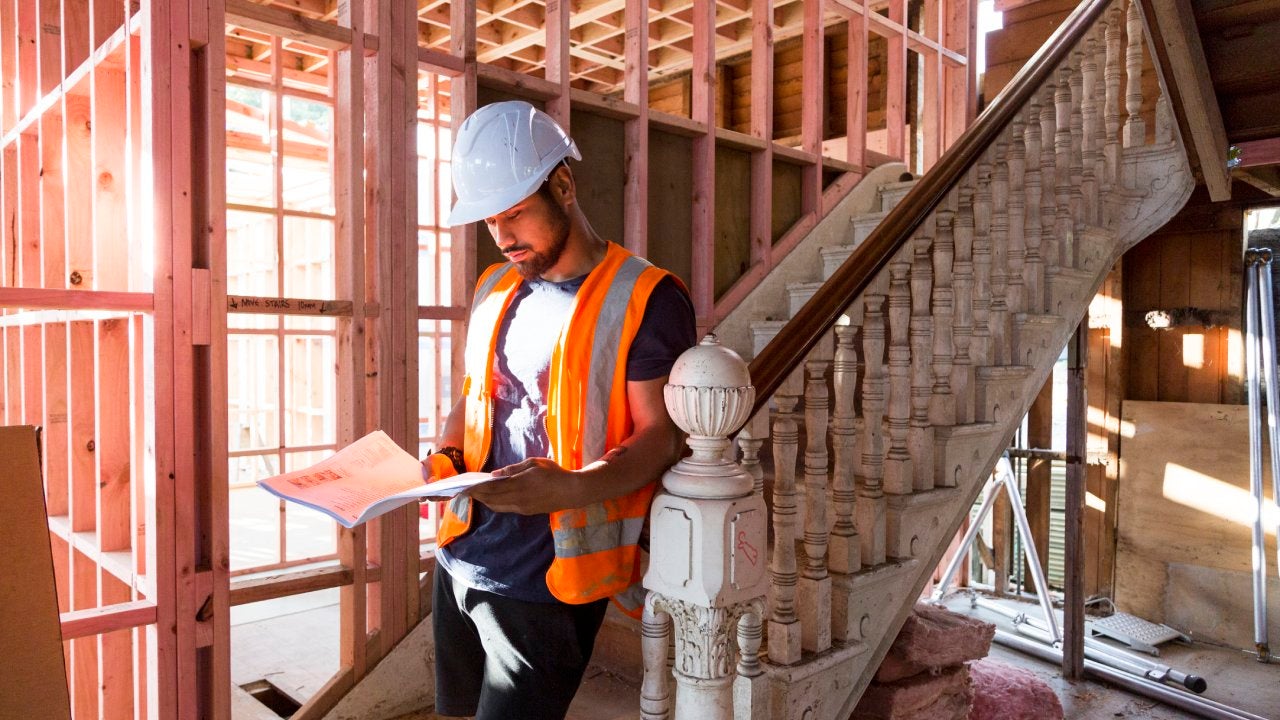
Lee is the Local Government Policy Analyst at Libertas Institute. He has had a lifelong passion for research, writing, entrepreneurship, local government, and building relationships with people from all walks of life.
Before joining Libertas, Lee worked as a technical writer, covered tech and local events as a journalist, developed websites, launched a Kickstarter campaign, and helped businesses create budgets and integrate accounting and other systems.
A native of rural northeast Florida, Lee moved to Provo, Utah in 2004. Since graduating from BYU and attending the Vermont College of Fine Arts, Lee has started a family, become increasingly active in local politics as a volunteer, and now joins Libertas to be a resource for elected officials and the general public. Lee enjoys camping, fishing, Jeeping, history, and all things creative and analytical.






